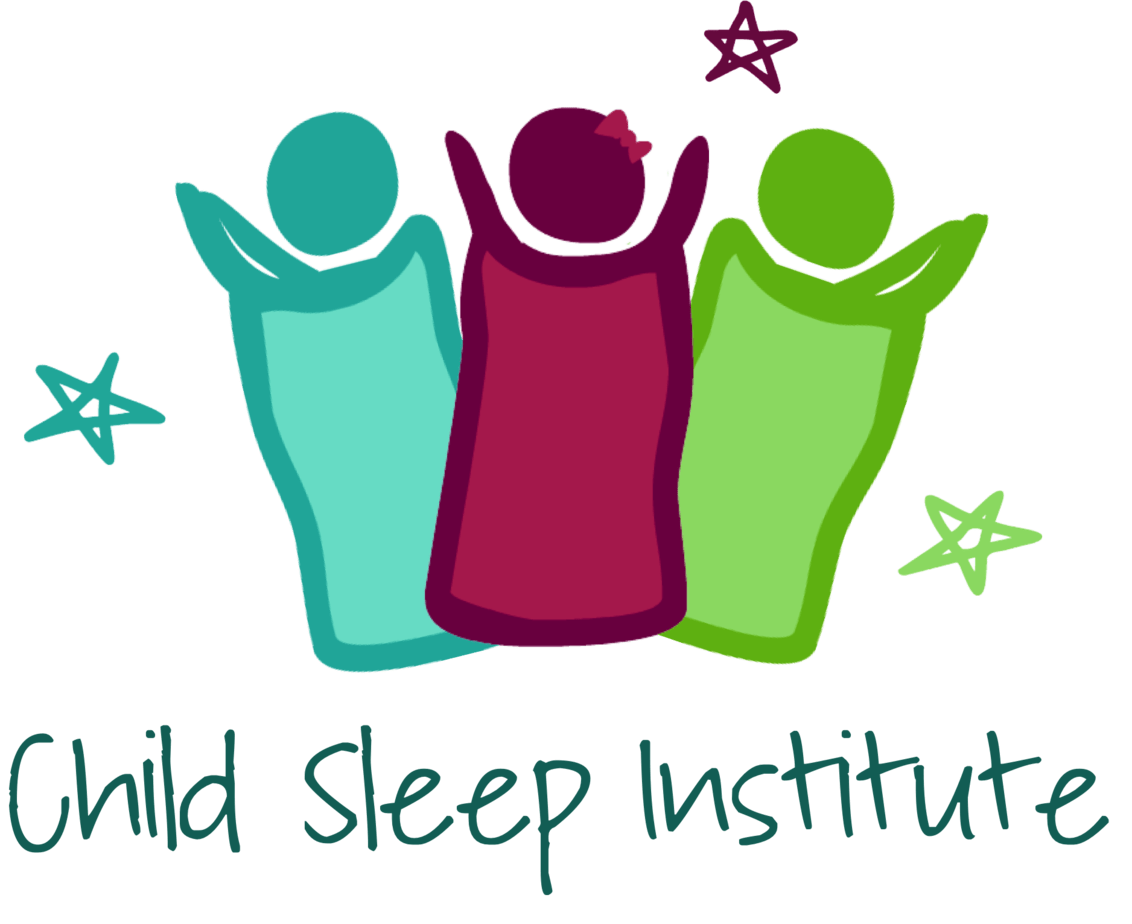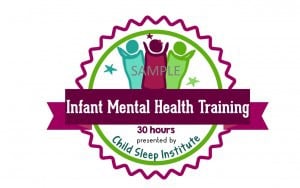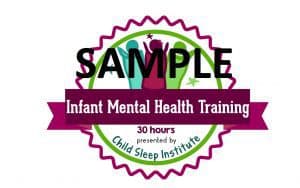 Infant Mental Health Course Is available through
Infant Mental Health Course Is available through
Infant Mental Health Promotions
Course Summary Info:
This is a 15 session, university level course, presented by IMHP (Infant Mental Health Promotion)/Psychiatry of The Hospital for Sick Children, Toronto, Ontario Canada.
All of the live sessions have been recorded and are available for viewing at your own pace. You can complete the course in one week or one year or anything in between.
Summary of IMH Course
This 15 part training program aims to raise awareness and understanding of the needs of infants and toddlers in order to promote healthy social emotional development in the early years and reduce the likelihood of poor mental and physical health outcomes in the later years.
The early years have a unique and formative impact on development, relationships, and functioning throughout life. The literature on early childhood development overwhelmingly confirms that poor parenting, abuse and neglect in the first three years of life have profound and devastating effects on brain development and emotional functioning. These infants soon become the children in our school system who may already lag behind their peers, and are also more vulnerable to a host of health and emotional problems throughout their lifespan including depression and addictions. Research shows that many adverse outcomes can be prevented when parents are provided with support and information that enables them to be optimally responsive to their infants and young children. When there are identified risks and disorders in young children or in family functioning, well planned and evidence-informed intervention can promote optimal outcomes. The science is clear – early experiences in the first three years impact the architecture of the brain – this impact can be life-long and profoundly positive or negative depending on the quality and consistency of the experiences.
Objectives:
This training program aims to increase knowledge about infant mental health among all staff within community-based agencies in order to affect a culture shift, to empower individuals to be agents of change in their roles and to ensure that every child served by their organization has access to the best mental health outcomes possible.The inclusion of infant mental health promotion, prevention, and treatment as a key focus of practice within community based health and/or social service organizations will lead to enhanced:
- Understanding of just how critical early mental health is for a child, a community, and society at large;
- Understanding of risk and protective factors that contribute to early mental health and development;
- Promotion of infant mental health practices within a community agency that can be shared with families and other community agencies;
- Integration of practices that focus on the prevention of infant mental health trauma;
- Embedding of screening practices to identify when a child may be experiencing poor mental health in the first three years of life; and
- Integration of interventions that can be provided to a child who is experiencing poor mental health or at risk of experiencing poor mental health within the community.
Seminars and Presenters:
Session 1: Introduction to IMH & Early Development
Dr. Chaya Kulkarni (BAA, M.Ed, Ed. D)
Session 2: Understanding Brain Development in the Early Years
Pat Levitt
Session 3: The Importance of Attachment to Development
Mary Rella (B.A., Dip. C.S.)
Session 4: Temperament
Greg Lubimiv (M.S.W, CACPT Supervisor)
Session 5: The Development of Regulation in the Early Years
Stuart Shanker
Session 6: The Impact of Early Trauma on Development
Nathan Fox
Session 7: Parental Depression
Dr. Cindy-Lee Dennis(Ph.D)
Session 8: The Impact of Poor Parental Mental Health on a Child
Dr. Jean Wittenberg (MD, FRCPC)
Session 9: Early Development Instrument (EDI): What Does the EDI Tell us?
Dr. Magdalena Janus (Ph.D , MSc)
Session 10: Domestic Violence – A Trauma Experience for Young Children
Dr. Angelique Jenny (M.S.W., PhD)
Session 11: FASD and Impact of Substance Misuse on the Caregiving Relationship
Margaret Leslie (Dip.C.S., C.Psych.Assoc.)
Session 12: Common Disorders of Early Childhood
Greg Lubimiv (M.S.W, CACPT Supervisor)
Session 13: Administering and Interpreting the Ages and Stages Developmental Screens (ASQ 3 & ASQ SE)
Dr. Chaya Kulkarni (BAA, M.Ed, Ed. D)
Session 14: Creating Developmental Support Plans
Dr. Chaya Kulkarni (BAA, M.Ed, Ed. D)
Session 15: Best Practices for IMH/ Embedding IMH into practice
Dr. Chaya Kulkarni (BAA, M.Ed, Ed. D
Each participate will have access the training which will include:
- 15 training sessions, 2 hours per session (approximately 30 hours total)
- Archived Webcast recordings to access the training at your own pace, in team meetings or individually.
- Access to session notes, slides, and applicable handouts
A dedicated Facebook Group has been set up for Child Sleep Institute course participants. This group can be used to ask questions and have discussions about the course material.
Certificate of Completion:
In order to obtain an individual certificate of completion, each participant must complete the requisite Feedback Survey and Session Quiz after viewing EACH session. All session surveys must be completed to obtain the certificate of participation.
Web Site Badge from Child Sleep Institute:
Once you complete the course and receive your Certificate of Completion, email a copy to the Child Sleep Institute and we will send you a badge that you can include on your web site.


